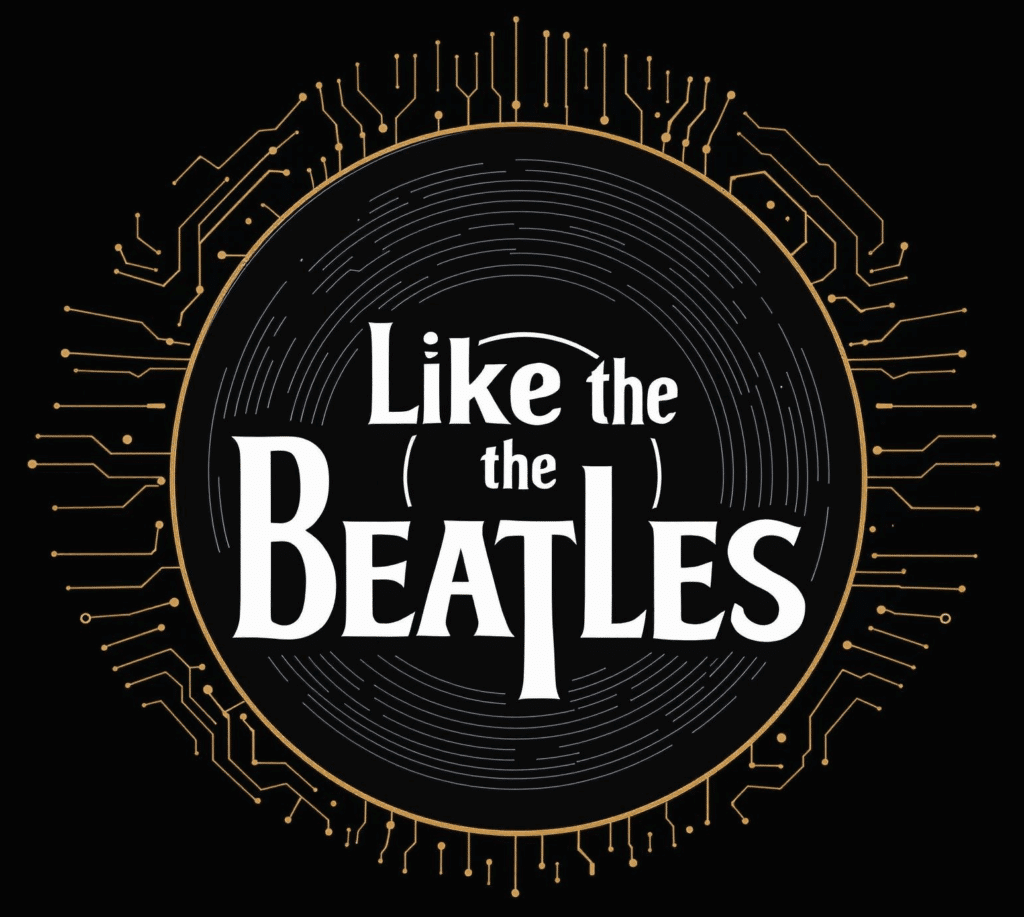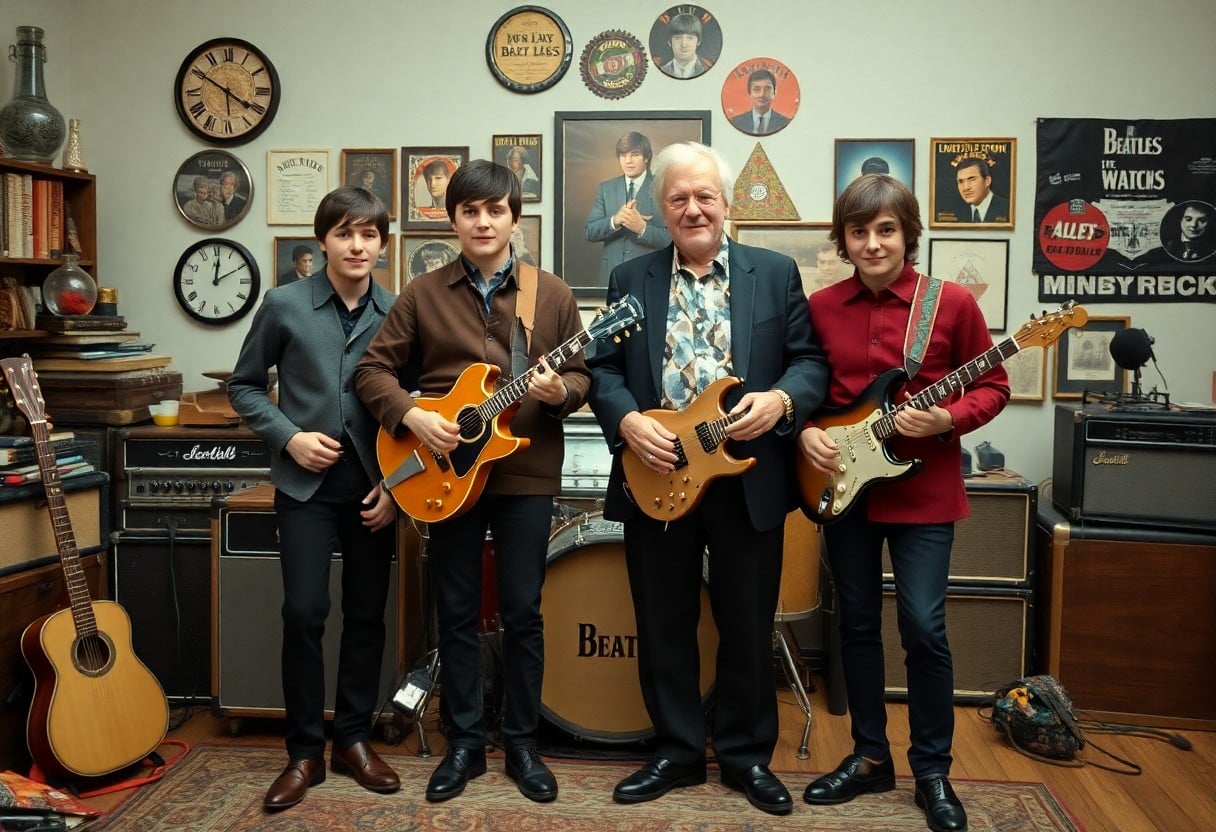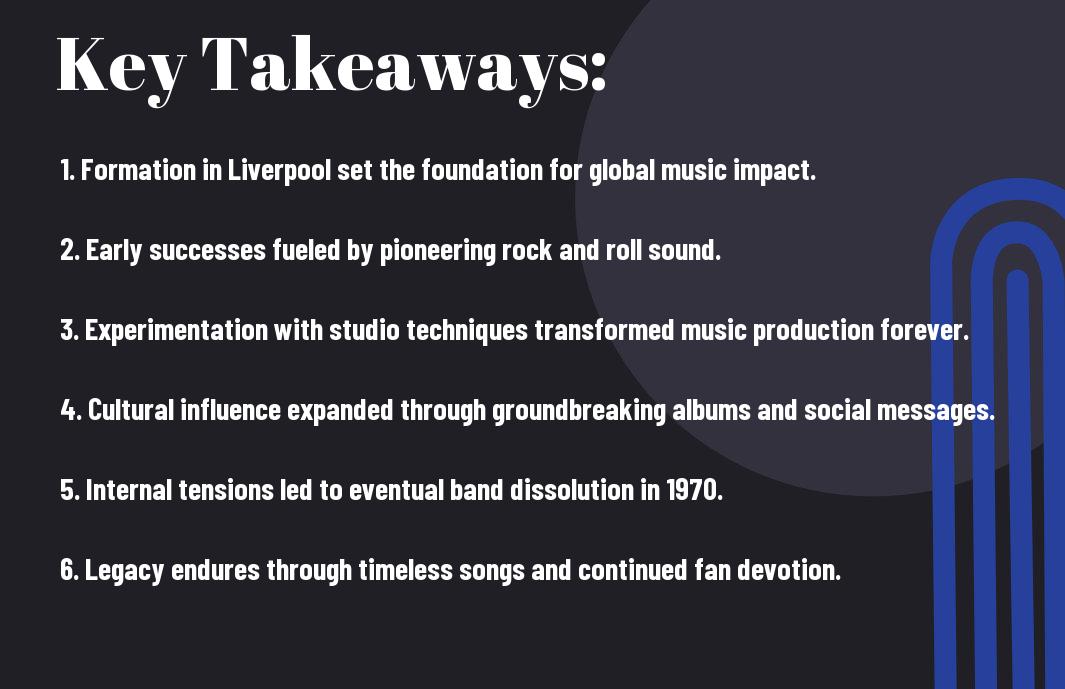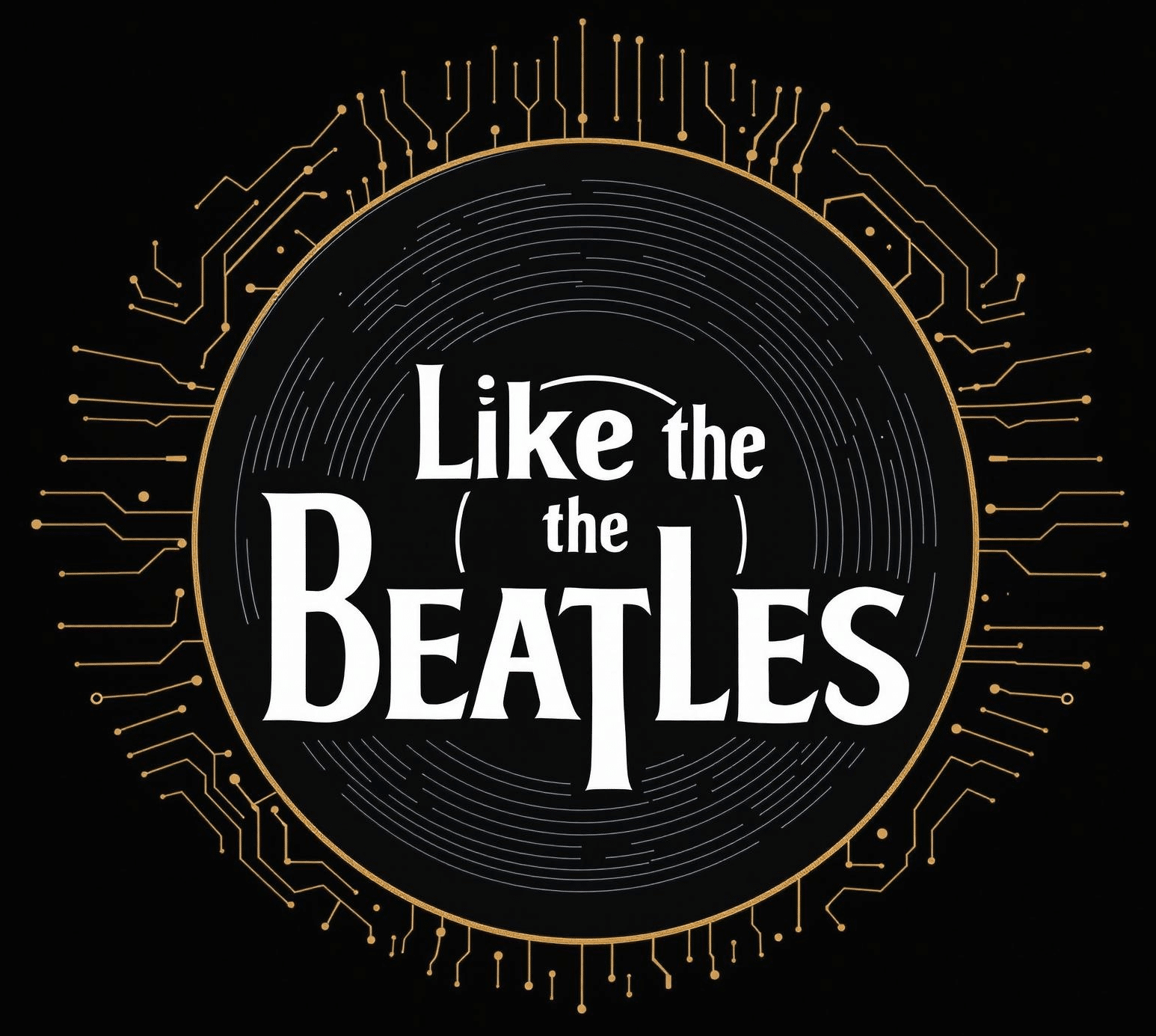Steps in the journey of The Beatles offer a fascinating glimpse into the rise of a revolutionary band. As I examine into their story, you will discover how they transitioned from humble beginnings in Liverpool to becoming an enduring cultural phenomenon. Highlights include their record-breaking albums, the influence of their innovative music, and the challenges they faced, including the pressures of fame. This blog post aims to take you through 9 dynamic steps that defined their legacy and ultimately led to their final chapter.
Early Beginnings
For The Beatles, the early beginnings were a fertile ground for creativity and collaboration. They emerged from a post-war Liverpool, surrounded by the vibrant sounds of rock and roll, skiffle, and rhythm and blues. Their formative years were filled with experimentation, ambition, and a relentless drive to share their music with the world.
Formation of the Band
Along the journey of The Beatles’ formation, four young musicians, John Lennon, Paul McCartney, George Harrison, and Ringo Starr, came together in unique circumstances. Initially, they performed under various names until solidifying their identity as The Beatles in the early 1960s. Their distinct sounds and personalities perfectly complemented each other, laying the groundwork for an unprecedented music revolution.
Influences and Early Music
For The Beatles, early influences came from a diverse array of sources, shaping their distinctive sound. They drew from American rock and roll legends like Chuck Berry and Elvis Presley, while also being inspired by their local Liverpool music scene. The combination of these influences allowed them to craft songs that were relatable yet innovative.
Due to their eclectic influences, The Beatles developed a sound that resonated with audiences across the globe. They embraced various musical genres, blending rhythm and blues, pop, and folk elements in their early work. Each member contributed their unique flavor, with John’s witty lyrics, Paul’s melodic prowess, George’s intricate guitar work, and Ringo’s infectious beats, creating a harmonious synergy that set them apart from their contemporaries. Their passion for music and their ability to merge different styles laid the foundation for their iconic status in rock history.
Rise to Fame
While the Beatles’ journey began in Liverpool’s clubs, it was their unique sound and chemistry that captured the hearts of millions. Their early performances generated a buzz, but they truly skyrocketed to fame as they caught the attention of influential figures in the music industry. As they began to dominate the charts, the world eagerly embraced their refreshing approach to pop music, leading them to become a cultural phenomenon that forever changed the landscape of the music scene.
Breakthrough in the UK
On October 5, 1962, the Beatles released their debut single, “Love Me Do,” which marked the start of a remarkable journey. Their infectious melodies and relatable lyrics began to resonate with the British public, and soon, they gained momentum, consistently appearing on music charts. The anticipation surrounding their subsequent releases built a fervent following, paving the way for their domination of the UK music scene.
Impact of “I Want to Hold Your Hand”
To say “I Want to Hold Your Hand” was a game-changer would be an understatement. Released in late 1963, it became a defining moment in Beatlemania, igniting a frenzy both in the UK and eventually across the Atlantic. This catchy anthem connected deeply with the youth of the era, and its popularity served as a springboard for the band’s explosive growth in the United States.
Breakthrough moments like “I Want to Hold Your Hand” exemplified the Beatles’ ability to transcend national boundaries and speak to the hearts of young listeners. The single became an immediate chart-topping success, generating immense hype leading up to their highly anticipated U.S. debut. Its infectious rhythm and simple yet powerful lyrics fostered a sense of connection among fans, laying the groundwork for their momentous invasion of the American music scene. This song not only heralded the beginning of their global influence but also set the stage for the cultural revolution that followed, affecting generations to come.
Global Domination
Once again, The Beatles proved their unmatched talent and charisma, propelling them to the forefront of global culture. Their rise to fame was not just a triumph of music but also a force that transformed societal norms. As they captured hearts around the world, their innovative sound and style defined an entire generation, marking their era as nothing short of revolutionary.
The American Invasion
American audiences were captivated by The Beatles, leading to an unprecedented cultural phenomenon. Their arrival marked the start of what many refer to as the British Invasion, creating waves that reshaped the music landscape across the United States. With their unique blend of rock, pop, and charisma, they quickly became household names, dominating the airwaves and fan enthusiasm alike.
Key Albums and Hits
Among their discography, several albums stand out as defining moments in music history. Each release showcased their evolving artistry, from the early rock tunes to the experimental sounds of their later years, leaving a permanent mark on the industry.
For instance, albums like “Sgt. Pepper’s Lonely Hearts Club Band” and “Revolver” not only set new standards for musical innovation but also garnered critical acclaim, allowing The Beatles to push creative boundaries. Hits such as “Hey Jude” and “Let It Be” resonated with fans worldwide, demonstrating their ability to connect on an emotional level, while constantly evolving their sound. The impact of these albums and the resulting singles solidified their place in music history, influencing countless artists across generational lines.
Evolution of Sound
Many listen to The Beatles and recognize their groundbreaking evolution in music. From their early pop melodies to the complex arrangements of their latter works, this iconic band redefined the parameters of popular music. Their willingness to blend various genres and styles made them pioneers, influencing countless musicians and shaping the sound of the 1960s and beyond.
Experimentation in the Studio
Sound design became an integral part of The Beatles’ creative process. With innovations like tape loops, backwards recordings, and unconventional instruments, they crafted a rich tapestry of sound that pushed the boundaries of what was typical for rock music at the time.
Cultural and Musical Influence
To understand The Beatles’ impact, one must consider how they shaped popular culture and music itself. Their daring experimentation encouraged artists to explore their sound without limitations.
Due to their blend of diverse musical styles and innovative techniques, The Beatles not only influenced their contemporaries but also left a permanent mark on future generations of musicians. Their songs addressed socio-political issues, resonating with audiences and inspiring countless movements. By combining elements of rock, pop, and Indian music, they paved the way for an inclusive approach to music, instilling a sense of freedom and creativity among artists. The band’s fearless exploration of sound and culture broke barriers, fostering a new era of musical experimentation that still echoes in today’s music landscape.
Challenges and Conflicts
Keep in mind that The Beatles faced numerous challenges and conflicts throughout their journey. From internal disagreements to external criticism, these elements played a significant role in shaping their music and legacy. Understanding these struggles allows us to appreciate their growth as artists and individuals.
Internal Struggles
Before The Beatles achieved monumental success, I noticed how internal struggles began to surface among the band members. As they transitioned from pop icons to serious artists, differences in creative vision and personal aspirations prompted tension. It became increasingly clear that individual desires could potentially compromise their collective harmony.
Public Perception and Backlash
On the flip side, The Beatles also contended with varying public perception and backlash. I realized that their outspoken views on issues like religion and politics were often met with fierce criticism, leading to protests and boycotts. Despite this, they managed to turn adversity into opportunity, spurring deeper connections with their supporters.
Conflicts surrounding public perception intensified during The Beatles’ career, particularly after John Lennon’s infamous remark about being “more popular than Jesus.” This statement ignited strong outrage among religious groups, resulting in record burnings and threats to the band. I find it fascinating that, rather than backing down, The Beatles used this controversy to challenge societal norms and provoke new discussions. The backlash ultimately united their fanbase, who rallied in support, highlighting the band’s impact and resilience in the face of criticism.
Final Years
All good things must come to an end, and the story of The Beatles is no exception. In their final years, the band grappled with personal and professional challenges that ultimately led to their dissolution. For a deep explore this period, I recommend And in the End: The Last Days of the Beatles by Ken McNab, which details the band’s last chapter with insight and depth.
Last Studio Album: “Let It Be”
After a tumultuous recording process, “Let It Be” emerged as The Beatles’ final studio album in 1970. Featuring tracks such as “Across the Universe” and the iconic title song, the album captures the band’s struggles and reflects a mix of hope and nostalgia, ultimately serving as a bittersweet farewell to their fans.
The Breakup
Between various creative differences and growing tensions, the breakup of The Beatles became an inevitability. As the individual members sought to carve their own paths in music, personal relationships soured, and collaboration became increasingly difficult.
It was a complex and emotional time for The Beatles. The band’s internal conflicts were marked by disagreements over creative direction and personal grievances. John Lennon’s decision to leave first, followed by Paul McCartney’s public announcement of his exit, marked a painful yet liberating time for each member. While this period was laden with bitterness, it also paved the way for their individual artistic journeys that continue to inspire generations of musicians. The breakup signified not only the end of an era for The Beatles but also the beginning of a lasting legacy that transcends their time together.
Summing up
With this in mind, I’ve explored the remarkable journey of The Beatles through nine dynamic steps, from their humble beginnings to their iconic legacy. Each phase reveals unique challenges and triumphs that shaped their innovative sound and cultural impact. Understanding their story allows you to appreciate not just the music, but the profound influence they had on the world. I encourage you to examine into their history and draw inspiration from their creative evolution, as their journey remains a testament to the power of collaboration and artistic expression.













